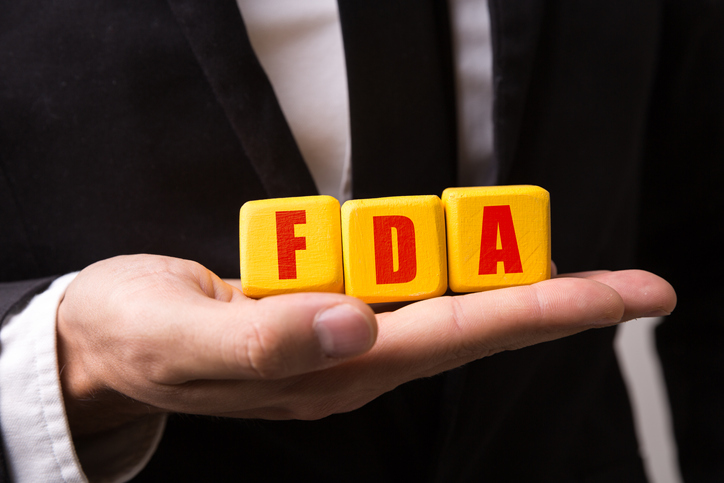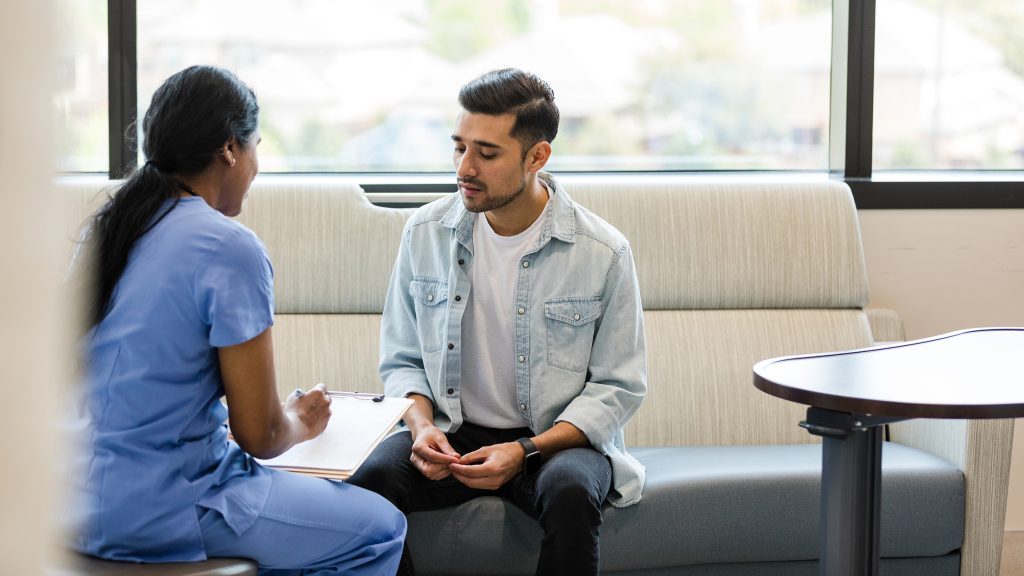Table of Contents
Nootropics, also called “smart drugs” or brain enhancers, are becoming more popular worldwide. These substances range from herbal supplements to synthetic drugs. They are believed to improve mental abilities like memory, focus, and clarity.
Among natural options, nicotine stands out as a nootropic with growing recognition for its cognitive benefits. Students, professionals, and athletes find nootropics appealing because they promise better cognitive performance.
But there’s one big question: are nootropics legal? The legality of nootropics is unclear. It often depends on where you live, the type of nootropic, and how you plan to use it. Some nootropics, like natural nicotine lozenges, are available over the counter. Others require a prescription and have strict regulations. In this article, we’ll explore the legal status of nootropics.
We’ll look at the laws for different types and in different regions, including for students, athletes, and workplaces. By the end, you’ll better understand the legality of nootropics and what it means for you.
What Are Nootropics?

Nootropics are substances that are taken to improve brain function. Some nootropics are natural, like herbs and nutrients. Others are synthetic drugs that improve mental performance.
Natural Nootropics
Natural nootropics come from plants, herbs, vitamins, and minerals. Common examples include caffeine, omega-3 fatty acids, ginkgo biloba, and natural nicotine. These substances are often available without a prescription and are considered safe for general use. For example, nicotine lozenges have gained attention for their ability to enhance focus and memory when used responsibly. Like caffeine in coffee or omega-3 in fish oil, natural nicotine offers cognitive benefits without requiring strict regulations.
Synthetic Nootropics
Synthetic nootropics are lab-made drugs designed to improve cognitive function. Examples include prescription medications like Adderall, Ritalin, and Modafinil. These drugs are used to treat specific conditions like ADHD or sleep disorders. Unlike natural nootropics, synthetic ones often need a prescription. This is because they carry risks of side effects and misuse.
Why People Use Nootropics
People use nootropics for many reasons. They may want to improve focus, memory, or mental clarity. Students might take them to do better on exams. Professionals may use them to increase productivity. Some people believe nootropics can help slow down age-related cognitive decline. Nootropics appeal because they offer a quick fix for mental challenges. These challenges include fatigue, brain fog, and lack of focus. For example, a student might use a caffeine pill to stay awake while studying. A tech worker might take Modafinil for demanding projects.
Overview of Global Nootropic Laws

The legal status of nootropics is complex and varies depending on the country. Different governments have their own definitions of nootropics. These definitions decide how each type is regulated. The classification affects the rules for each nootropic.
UnitedStates
In the United States, the FDA (Food and Drug Administration) controls nootropics, especially synthetic ones. Some synthetic nootropics are controlled substances. They are available only with a prescription. For example, Adderall and Ritalin are legal with a doctor’s prescription. These drugs treat ADHD. However, using them without a prescription is illegal. They can be addictive and have side effects.
Natural nootropics, like caffeine and some herbal supplements, are sold over the counter. They are not tightly regulated. The Dietary Supplement Health and Education Act of 1994 allows natural supplements to be sold without FDA approval. However, if a natural nootropic claims health benefits, the FDA may review it.
European Union
In the European Union, the rules on nootropics vary. Some countries have stricter rules, while others are more lenient. For example, the UK allows some nootropics to be sold without a prescription. Germany has stricter rules on synthetic drugs. Generally, synthetic nootropics require a prescription across the EU. Natural supplements are usually easier to access.
Even within the EU, there are exceptions. Modafinil is a prescription drug in most countries. However, some people buy it online without a prescription. It may be legal to possess Modafinil in some cases. However, selling or distributing it without permission is illegal in most EU countries.
Asia
Asia presents a diverse legal landscape for nootropics. Japan has strict regulations on synthetic nootropics, and many require a prescription. China also regulates synthetic nootropics heavily, although natural options are more readily available. In India, the nootropics market is growing, and many supplements are available over the counter. However, the lack of regulation can mean that some products may not be safe or reliable.
In Singapore, the government has strict rules on controlled substances. Possessing certain nootropics without a prescription can lead to severe penalties. Consumers in Asia must know their country’s specific laws. This is important before purchasing or using nootropics.
Legal Issues in Online Sales

The internet complicates the legality of nootropics even further. Many online retailers ship nootropics worldwide. This makes it easy for consumers to access products. These products may be illegal in some countries. For example, a nootropic that is legal in the United States may be banned in Canada or the UK.
When people buy nootropics online, they risk violating their country’s import laws. Customs authorities check packages for illegal drugs, including nootropics. If a banned nootropic is found, fines or confiscation may happen.
In some cases, legal action may follow. Some online sellers label nootropics as “research chemicals” to avoid this. However, this method is risky. It may still cause legal problems for the buyer.
Prescription vs. Over-the-Counter (OTC) Nootropics
Understanding the difference between prescription and OTC nootropics is important. Many countries divide nootropics into these two categories. Each category has its own legal rules.
Prescription Nootropics
Prescription nootropics, like Modafinil and Adderall, are regulated. They require a doctor’s prescription. These drugs treat specific conditions. It is illegal to obtain them without a prescription. For example, Modafinil is prescribed for narcolepsy. Using it without a doctor’s approval is illegal in many countries. Fines, legal trouble, and health risks are common consequences of misusing prescription nootropics.
Over-the-Counter Nootropics
OTC nootropics are mostly natural supplements. These include caffeine pills, omega-3 capsules, and herbal extracts. They are easy to find in health stores or online. These nootropics are less regulated than prescription ones. However, they are also weaker. For example, caffeine can help with focus. But it is not as strong as prescription drugs like Adderall.
Not all OTC nootropics are completely safe. Some herbal supplements may interact with other medications. They may also cause side effects. Since they are not strictly regulated, their labels may not always be accurate. This makes it important to choose reputable brands when buying OTC nootropics.
Legal Challenges and Concerns

Regulatory Concerns
Governments regulate nootropics to ensure public safety. The FDA in the United States monitors nootropics. The European Medicines Agency (EMA) does the same in Europe. Similar bodies around the world also monitor nootropics. They work to prevent harmful substances from reaching consumers.
Mislabeling and Quality Control
One of the biggest concerns with nootropics is quality control. This is especially true for OTC supplements. Dietary supplements do not undergo the same testing as pharmaceuticals. As a result, products may have inaccurate labels, unlisted ingredients, or inconsistent doses. Some studies show that supplements may have less of the active ingredients listed. They may also contain harmful additives. Mislabeling is risky. It can be dangerous for people with allergies or those taking other medications.
Safety and Side Effects
The legal restrictions around synthetic nootropics exist because of their potential side effects. Prescription drugs like Adderall or Modafinil can cause problems. These problems include insomnia, high blood pressure, and addiction. They can occur if nootropics are misused or taken without a doctor’s guidance.
In contrast, natural nootropics like nicotine, when used responsibly, offer cognitive benefits without the severe risks linked to synthetic options.
The legal restrictions around synthetic nootropics exist because of their potential side effects. Prescription drugs like Adderall or Modafinil can cause problems, including insomnia, high blood pressure, and addiction. In contrast, natural nootropics like nicotine, when used responsibly, offer cognitive benefits without the severe risks linked to synthetic options. Research shows that natural nicotine lozenges provide a safer and more controlled method of cognitive enhancement, making them an attractive option for nootropic users.
Regional Laws on Nootropics

North America
In North America, the United States and Canada have strict rules for synthetic nootropics. Many synthetic nootropics are controlled substances. However, the legal status of nootropics can differ between states and provinces. In Canada, some synthetic nootropics, like Modafinil, are only available with a prescription. However, small quantities of certain nootropics can be imported. In the United States, importing for personal use is allowed in some cases. However, it may still lead to confiscation.
Europe
The European Union (EU) has a unified approach to regulating drugs, including nootropics. However, individual countries sometimes have their own rules. Generally, synthetic nootropics need a prescription in the EU, but the exact rules may vary. For example, Modafinil needs a prescription in most EU countries. However, caffeine and herbal supplements are available without a prescription.
After Brexit, the UK has more control over its nootropic regulations. The UK’s Medicines and Healthcare Products Regulatory Agency (MHRA) monitors these substances. Certain synthetic drugs require a prescription in the UK. Meanwhile, supplements like ginkgo biloba and omega-3 remain accessible.
Asia and Oceania
Asia has some of the strictest nootropic laws. Japan and South Korea have strict rules on many synthetic nootropics, including Modafinil. These drugs require a prescription. Importing nootropics into Japan is especially hard due to strict drug laws. Unauthorized possession or import can lead to severe penalties.
In Australia and New Zealand, health authorities regulate synthetic nootropics. They usually require a prescription. Australia’s Therapeutic Goods Administration (TGA) oversees nootropic imports and use. However, natural supplements like ginseng, caffeine, and fish oil are widely available.
Nootropics in Special Contexts
Nootropics in Education
Students are one of the primary groups using nootropics, especially around exam time. Many turn to substances like caffeine and natural nicotine to improve focus, memory, and productivity. Nicotine lozenges, in particular, have become popular for their ability to provide sustained cognitive enhancement without the jittery side effects of high caffeine doses. However, some schools consider using certain nootropics unethical, especially when it involves prescription drugs obtained illegally.
Nootropics in Sports
Athletes who use banned nootropics may face suspensions, fines, or bans from competition. Some natural nootropics, like caffeine and nicotine, are allowed in certain amounts. Nicotine, in particular, is legal for athletes and can support focus, strategy, and endurance without violating anti-doping rules. However, athletes should still check their sport’s regulations to ensure compliance and avoid penalties.
Summary
The legal status of nootropics is complicated and varies by type, purpose, and location. While synthetic nootropics like Adderall and Modafinil require a prescription in most countries, natural options like caffeine and nicotine lozenges are widely available and legal. Nicotine, in particular, offers significant cognitive benefits without the risks of synthetic drugs, making it a standout option for safe nootropic use. As research and societal attitudes evolve, nootropic regulations may change. Staying informed and consulting professionals will help you navigate this complex landscape and make safe choices.

Hi, Dave Michaelson here, a longtime biohacker. I started this blog to help you focus on natural ways to improve health and performance. My work revolves around analyzing the science behind cognitive enhancers, nutrition, and longevity strategies. Natural nicotine products are one of my interests, particularly their effects on focus and energy. Everything I share is based on research and real-world application, ensuring practical, reliable insights. The information on my blog is not medical advice. Please do your own research.




